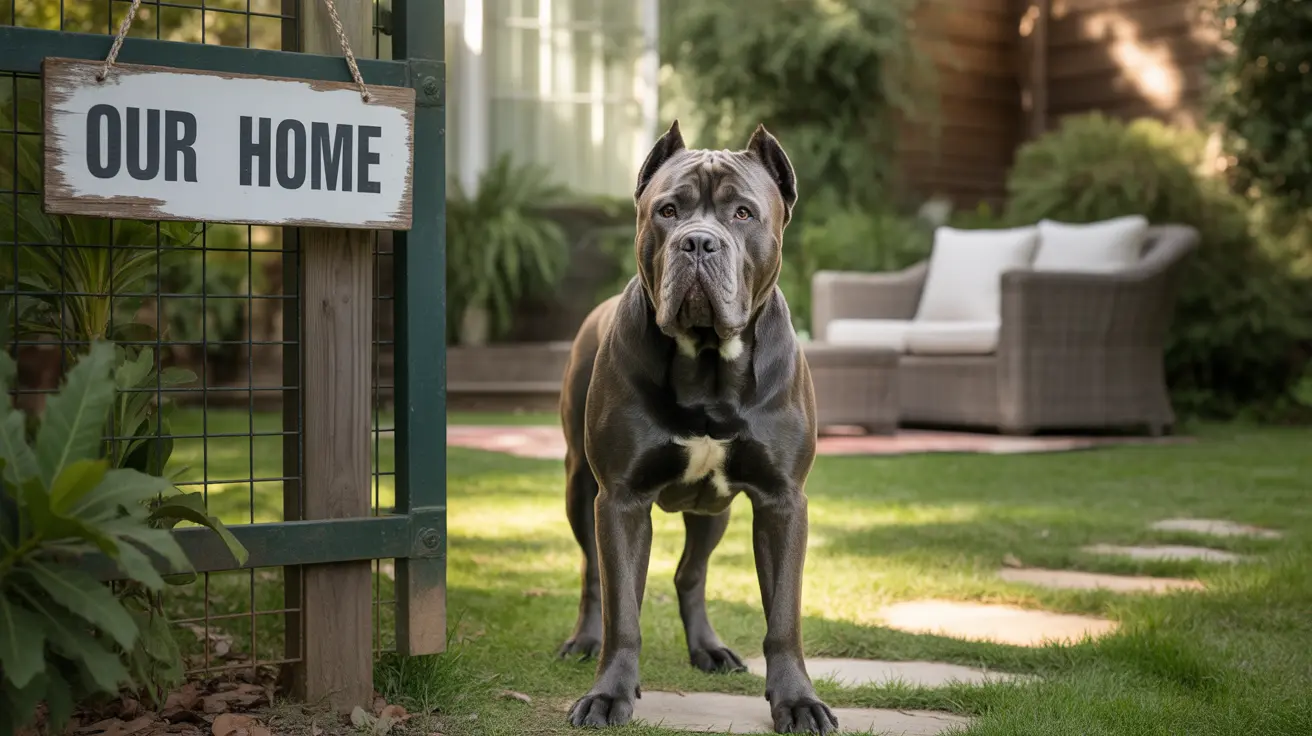The Cane Corso, a powerful Italian breed with ancient roots, has garnered attention for its imposing presence and guardian instincts. While these dogs can make loyal and devoted companions, understanding their potential for aggressive behavior is crucial for responsible ownership.
This comprehensive guide will explore the factors that influence Cane Corso aggressive tendencies, providing essential insights for current and prospective owners on managing and preventing problematic behaviors.
Natural Temperament and Predisposition
Cane Corsos were historically bred as guardians and protectors, which naturally influences their behavioral tendencies. While not inherently aggressive, their protective instincts can manifest as territorial behavior if not properly managed through training and socialization.
These dogs typically display strong loyalty to their families while maintaining a cautious approach to strangers. This combination requires careful management to prevent protective instincts from escalating into problematic aggression.
Early Warning Signs of Aggression
Recognizing early signs of aggressive behavior in Cane Corsos is essential for prevention and intervention. Common indicators include:
- Excessive stiffness or alertness around strangers
- Intense staring or fixed gaze
- Low growling or rumbling
- Territorial marking and patrolling
- Resource guarding behaviors
Critical Factors in Aggression Prevention
Proper Socialization
Early and comprehensive socialization is crucial for developing a well-adjusted Cane Corso. Puppies should be exposed to various people, animals, and environments during their critical development period (8-16 weeks).
Consistent Training
Positive reinforcement training methods have proven most effective in managing Cane Corso aggressive tendencies. Harsh or punitive training approaches can actually increase aggression risk by damaging the trust between dog and owner.
Management Strategies for Adult Dogs
For adult Cane Corsos showing signs of aggression, implementation of specific management strategies is essential:
- Structured daily routines
- Controlled exposure to triggers
- Professional behavioral consultation
- Secure containment systems
- Regular exercise and mental stimulation
Health Considerations
Medical issues can significantly impact a Cane Corso's behavior. Regular veterinary check-ups are essential to rule out health-related causes of aggression, such as:
- Pain or discomfort
- Hormonal imbalances
- Neurological conditions
- Vision or hearing problems
Frequently Asked Questions
How can I prevent my Cane Corso from developing aggressive behavior?
Focus on early socialization, positive reinforcement training, and consistent leadership. Expose your puppy to various situations, people, and animals in a controlled, positive manner. Establish clear boundaries and maintain regular exercise and mental stimulation.
What are the common signs of aggression in a Cane Corso and how should I respond?
Common signs include stiffening, growling, excessive barking, and lunging. Response should be calm and controlled, avoiding punishment. Remove the dog from the triggering situation and consult a professional trainer for proper behavior modification techniques.
Why do Cane Corsos sometimes show territorial or protective aggression?
This behavior stems from their historical breeding as guardian dogs. Territorial aggression can be managed through proper training, clear boundaries, and controlled exposure to visitors and new situations.
How important is early socialization and training for managing Cane Corso aggression?
Early socialization and training are crucial for preventing aggressive behaviors. The critical period for socialization occurs during puppyhood, making these early experiences fundamental in shaping adult behavior.
Can a Cane Corso be a safe family pet despite its guarding instincts?
Yes, with proper training, socialization, and management, Cane Corsos can be safe and loving family companions. Success depends on owner commitment to training, establishing clear boundaries, and maintaining consistent leadership.
Conclusion
While Cane Corsos can display aggressive tendencies, understanding and managing these behaviors through proper training, socialization, and consistent leadership can result in a well-adjusted, faithful companion. Success requires commitment to responsible ownership and ongoing education about the breed's specific needs.






